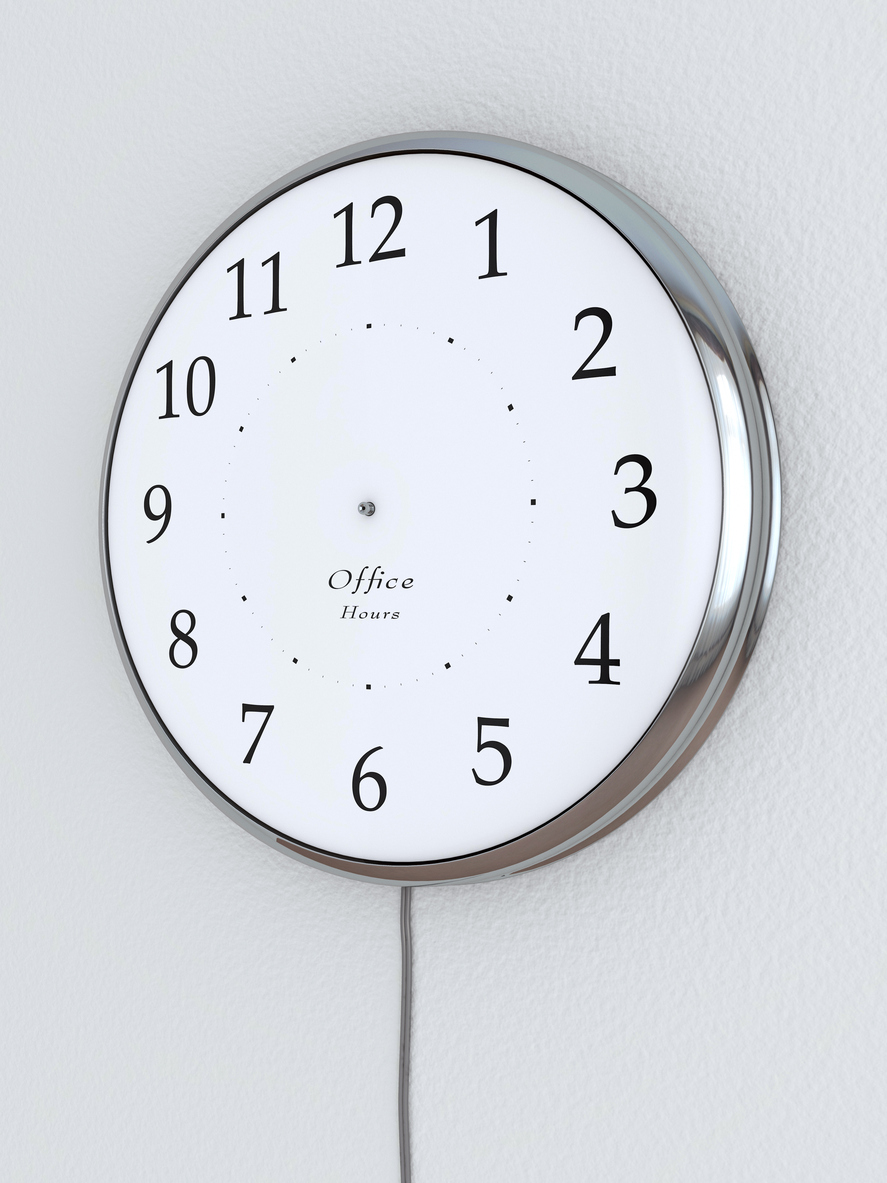Flexible Working Hours and Your Workforce
Do you currently offer flexible working hours to your employees? If not, you might want to start! Although legally, employees can make a request for flexible working hours once they’ve been working at a company for more than 26 weeks, employers aren’t legally required to accept the request. So, why should you consider it?
Here, you’ll discover how flexible working hours can benefit both employee and employer and the potential downsides you need to be aware of.
What are flexible working hours?
Flexible working hours are basically anything which stray from the norm. So, a typical working day might be 8pm until 4pm, or the traditional 9am until 5pm. With flexible working hours however, an employee could work 10am until 6pm or they could request part-time hours.
Flexible working also relates to working from home. It’s become common for workplaces to offer staff 1-2 days a week at home and the rest of the time in the office. The goal of flexi time is to find a solution which works for both the business and the employee.
What are the benefits?
There’s a lot of benefits which come from operating flexible working hours in business. While you might assume these benefits relate solely to the employee, there’s actually benefits of flexible hours for employers too.
By allowing your staff to work flexible hours, it increases their job satisfaction, making them more loyal to the company and being more productive when they are in the office. It would also cost your business far more money to hire and train up a new employee if an existing one decides to leave because they need more flexibility, than it would to cater to their needs.
Potential downsides
Of course, there are downsides to offering flexible working hours. Ensuring employees work while they’re on flexi time at home isn’t easy. You also may have premises which make it difficult for your employees to come and go at varying times. Understanding the barriers and coming up with solutions is key to making flexible hours work.
Some employers choose to rent out serviced offices for their employees. These are often conveniently located, easily accessible and they come with everything your employees could need to be productive. Companies such as Be Offices provide affordable serviced office solutions.
Overall, flexible hours have become popular across all industries. As you can see, it provides benefits to both employees and employers. As long as you understand the potential barriers and find ways to overcome them, there’s no reason why flexible working hours couldn’t be introduced into your business.
